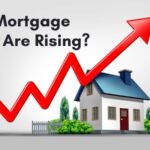Mobile home mortgage rates have become an important part of the journey to shopping for and owning a mobile home. Let’s delve deeper into this world and learn how these interest rates influence your decisions.
What is mobile home mortgage rates?
The term “mobile home mortgage rates” refers to the interest rates associated with loans or mortgages used to finance the purchase of mobile homes. A mobile home, also known as a manufactured home, is a prefabricated structure built in a factory and transported to a site for installation. These homes are designed to be movable, although they may also be permanently placed on a foundation.
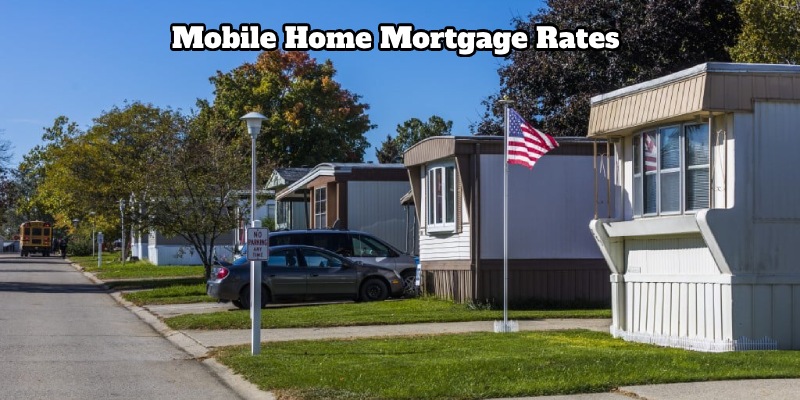
Mobile home mortgage rates are the costs borrowers incur for borrowing money to purchase a mobile home. Like traditional mortgages, these rates can be fixed or variable and are determined based on various factors, including the borrower’s creditworthiness, loan amount, loan term, and prevailing economic conditions. The interest rate is a critical component of the overall cost of homeownership, as it directly influences the monthly mortgage payments and the total amount paid over the life of the loan.
It’s important for individuals considering the purchase of a mobile home to understand the implications of the mortgage rates, compare different financing options, and choose a loan that aligns with their financial goals and capabilities. Additionally, staying informed about market trends and economic factors can help borrowers make informed decisions regarding the timing of their mobile home purchase and financing arrangements.
What does it mean to understand mobile home mortgage rates?
Understanding mobile home mortgage rates involves grasping various aspects related to the interest rates associated with loans used to finance the purchase of mobile homes. Here are key elements to consider when seeking to understand mobile home mortgage rates:
Interest Rates Basics
Fixed vs. Variable Rates: Mobile home mortgage rates can be fixed, remaining constant throughout the loan term, or variable, fluctuating based on market conditions.
Annual Percentage Rate (APR): The APR includes the interest rate and additional fees, providing a more comprehensive measure of the total cost of borrowing.
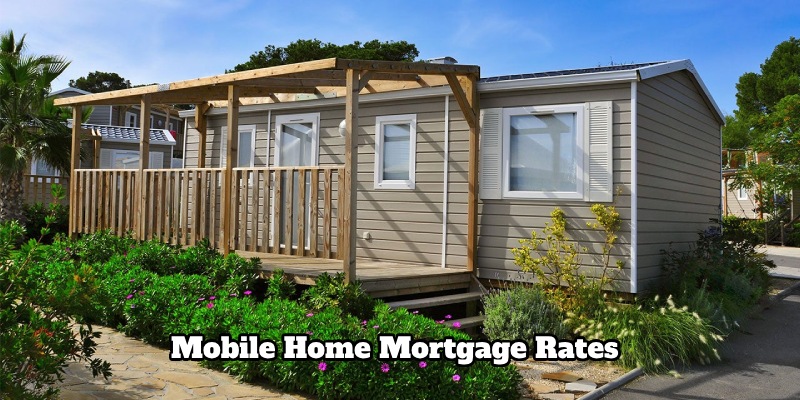
Factors Influencing Rates
Creditworthiness: Borrowers with higher credit scores typically qualify for lower interest rates.
Loan Amount and Term: The amount borrowed and the length of the loan term can impact the interest rate.
Economic Conditions: Prevailing economic factors, such as inflation and overall interest rate trends, influence mortgage rates.
Types of Mobile Homes
New vs. Used: Rates may vary for financing new versus used mobile homes.
Land Ownership: Whether the mobile home is placed on owned land or in a leased community can affect rates.
Comparison Shopping
Lender Options: Different lenders may offer varying rates, terms, and conditions. Shopping around allows borrowers to find the most favorable terms.
Loan Structures
Down Payment Requirements: The amount of money paid upfront can impact the interest rate.
Private Mortgage Insurance (PMI): If the down payment is below a certain threshold, borrowers may be required to pay for PMI, affecting the overall cost.
Market Awareness
Economic Indicators: Understanding economic indicators, such as the state of the housing market and interest rate trends, helps borrowers make informed decisions on when to secure a mortgage.
Loan Documentation
Read and Understand the Loan Agreement: Familiarizing oneself with the terms and conditions of the loan agreement is crucial to understanding the obligations and potential adjustments in interest rates.
Financial Planning
Impact on Monthly Payments: Understanding how interest rates influence monthly payments and the total cost over the life of the loan is essential for financial planning.
Factors affecting loan interest rates
Several factors can influence loan interest rates, affecting how much borrowers will pay to borrow money. Here are some key factors:
Credit Score
A borrower’s credit score is a significant determinant of the interest rate. Higher credit scores generally qualify for lower interest rates, reflecting the borrower’s perceived creditworthiness.
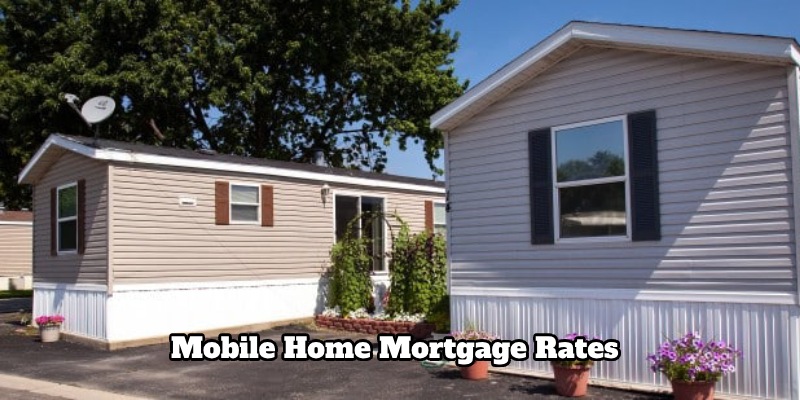
Loan Amount
The amount of money borrowed can impact the interest rate. Larger loan amounts may have higher rates, and some lenders offer tiered interest rates based on loan size.
Loan Term
The length of the loan term can affect the interest rate. Shorter-term loans often have lower interest rates, but monthly payments may be higher compared to longer-term loans.
Type of Loan
The type of loan (e.g., fixed-rate or variable-rate) can influence the interest rate. Fixed-rate loans maintain a constant interest rate throughout the loan term, while variable-rate loans may fluctuate based on market conditions.
Economic Conditions
General economic conditions, such as inflation, unemployment rates, and overall interest rate trends, play a role in determining loan interest rates. Lenders may adjust rates in response to changes in the economy.
Down Payment
The size of the down payment can impact the interest rate. A larger down payment may result in a lower interest rate, as it signals lower risk for the lender.
Debt-to-Income Ratio (DTI)
Lenders consider the borrower’s DTI, which is the ratio of their monthly debt payments to their gross monthly income. A lower DTI may lead to a lower interest rate, as it indicates better financial stability.
Loan-to-Value Ratio (LTV)
For home loans, the LTV ratio compares the loan amount to the appraised value of the property. Lower LTV ratios (higher down payments) may result in lower interest rates.
Market Conditions
Supply and demand in the loan market, as well as the overall financial market conditions, can influence interest rates. Central bank policies and inflation expectations also play a role.
Borrower’s Employment and Income Stability
Lenders may consider the borrower’s employment history and income stability. A steady employment record and reliable income may lead to more favorable interest rates.
Loan Type and Purpose
Different types of loans (e.g., mortgage, auto loan, personal loan) may have different interest rate structures. Additionally, the purpose of the loan (e.g., home purchase, debt consolidation) can impact the rate.
Inflation Expectations
Lenders may adjust interest rates based on their expectations for future inflation. Higher inflation expectations may result in higher interest rates.
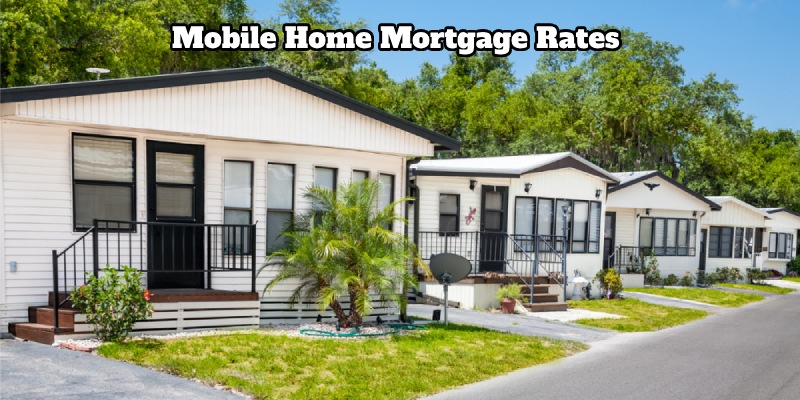
In conclusion
Mobile home mortgage rates are not just a matter of shopping, but an important part of the process of building the foundation for your mobile home. Faced with the diversity of loan types and market volatility, understanding is the key to making informed decisions and making the best choice for you.

